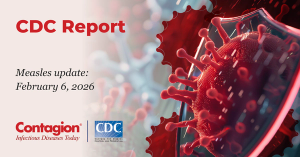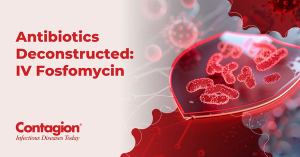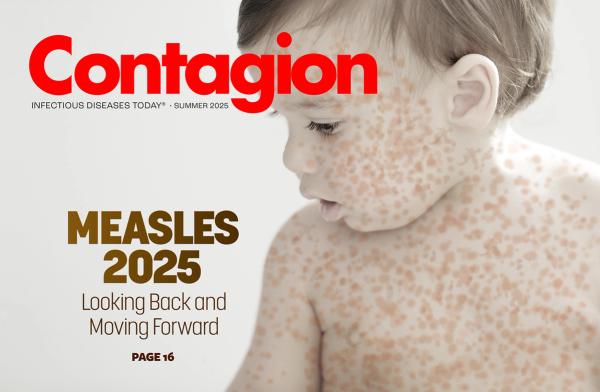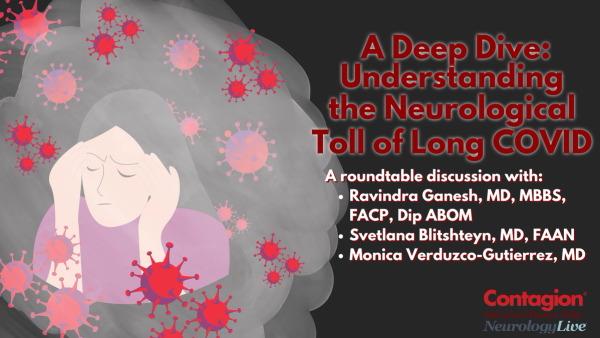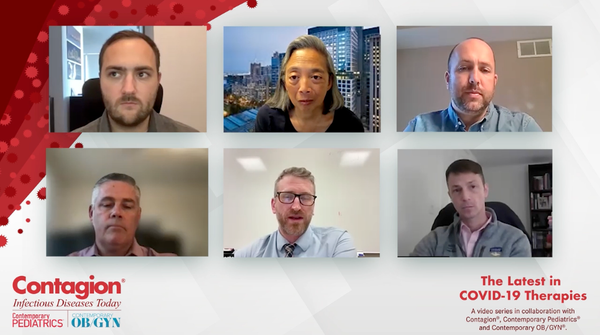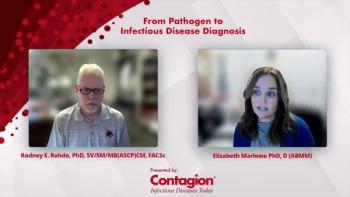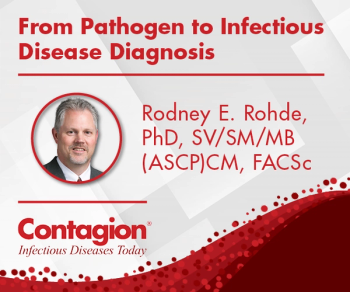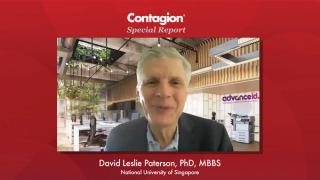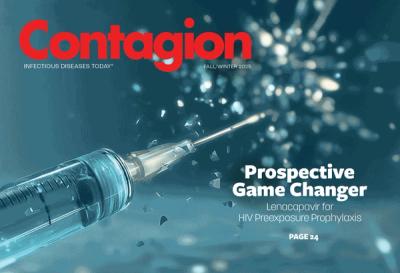
Conference Coverage
Latest Content

Shorts
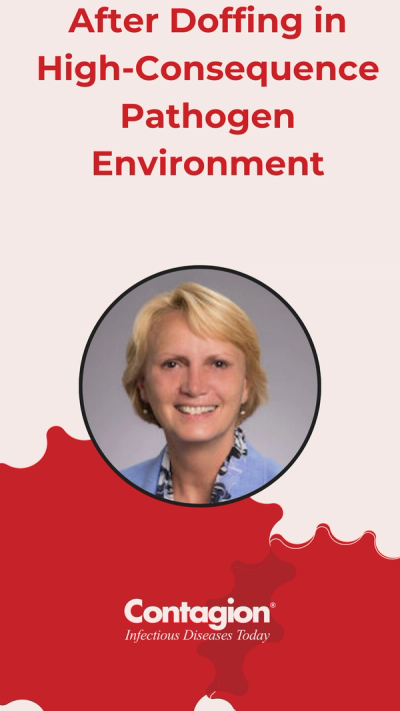
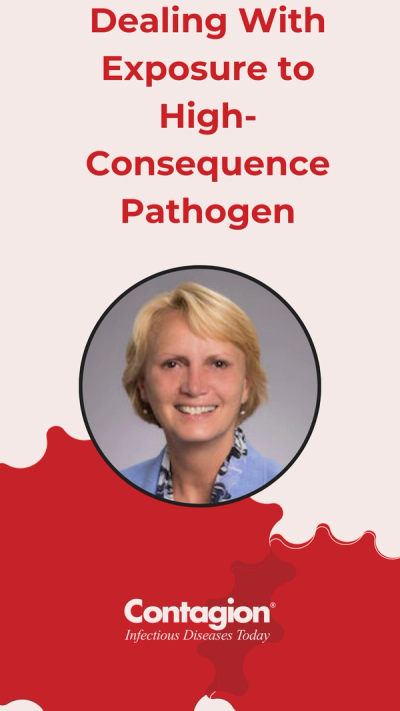

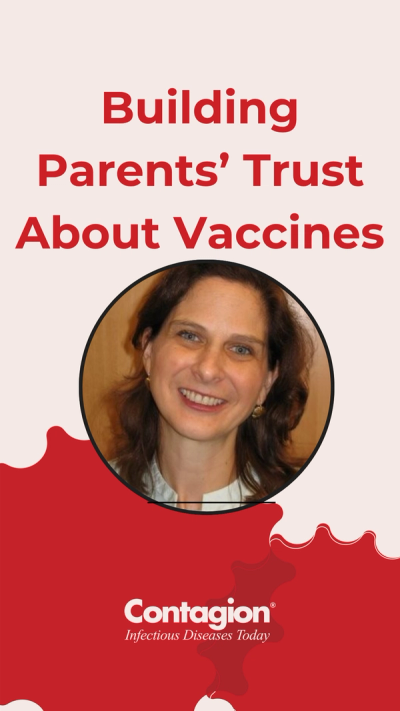


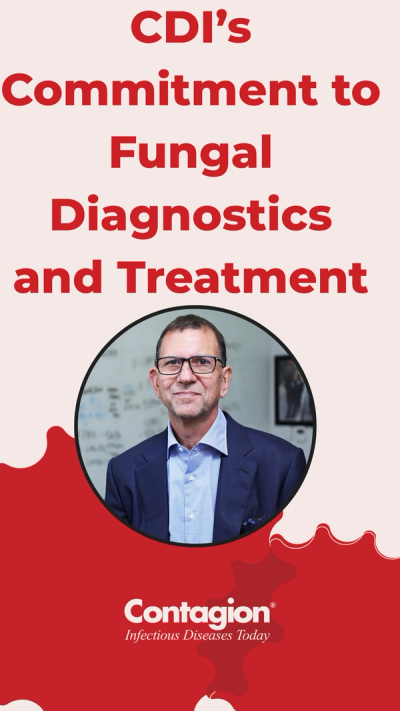
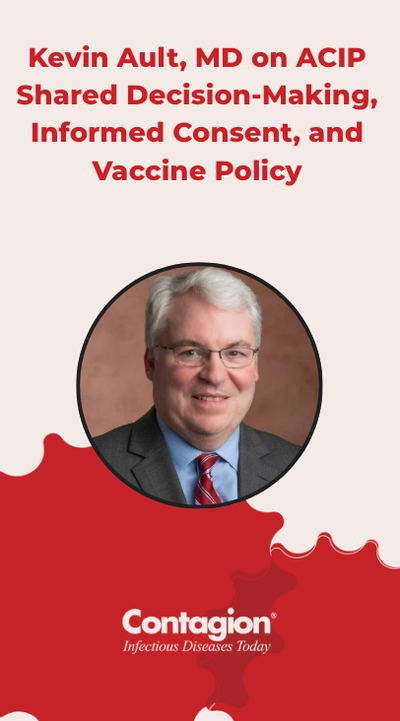
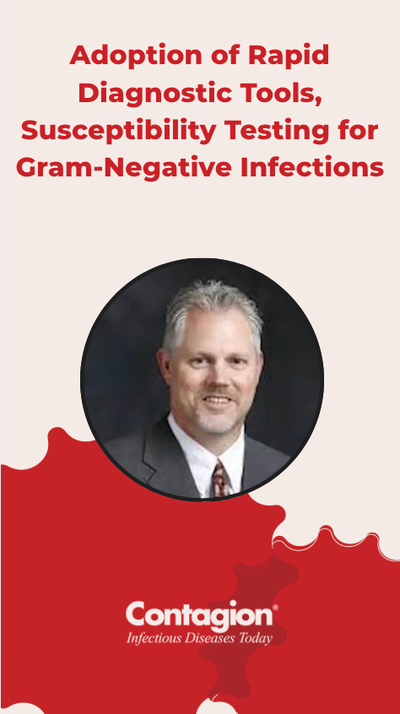
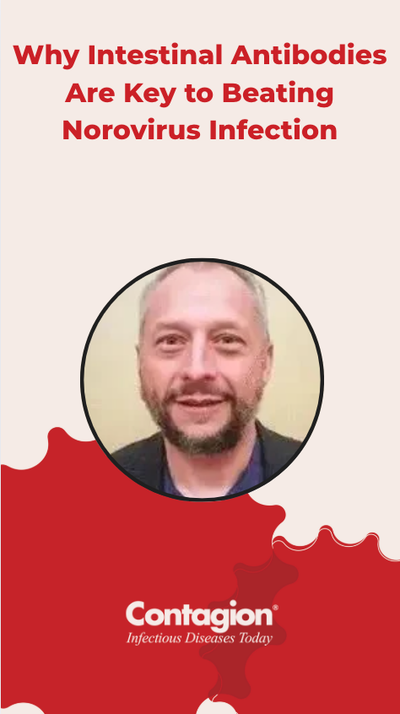
Podcasts
Videos
Contagion Digital Edition










Continuing Medical Education
All News

In the latest From Pathogen to Infectious Disease Diagnosis podcast, Andrea Prinzi, PhD, MPH, SM(ASCP), talks about diagnostic stewardship and that when it is grounded in collaboration, education, and thoughtful test use, it can improve patient care while helping clinicians navigate increasingly complex diagnostic tools.

Findings from a growing body of randomized trials and real-world analyses show that starting metformin during acute SARS-CoV-2 infection is safe and significantly reduces the risk of developing long COVID.
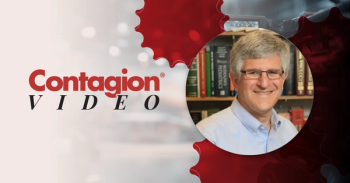
Paul Offit, MD, voices concerns over the CDC’s surveillance capabilities, the federal agency’s lack of movement to address vaccine needs during outbreaks, and diminishing herd immunity, making the vulnerable at risk for contracting disease.

A global review finds growing antimicrobial resistance among the main bacteria causing meningitis—especially in low- and middle-income countries—raising concerns about the continued effectiveness of standard treatments and the urgent need for stronger surveillance.

As the spending bill makes its way through Congress, the HIV+Hepatitis Policy Institute's Carl Schmid provides some insights on the latest wranglings on the HIV bill and the domestic programs.

MicuRx Pharmaceuticals has received FDA clearance to begin a phase 2a clinical trial of MRX-5, a novel oral antibacterial therapy for patients with Mycobacterium abscessus pulmonary disease.
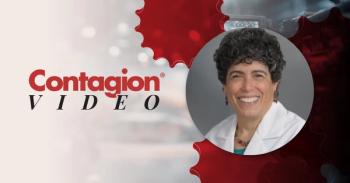
In the second installment of our 2-part interview, infectious disease pediatrician Sharon Nachman, MD, discusses this very rare adverse effect that can occur after immunization administration.

This week, read about the latest number of confirmed cases of measles in the US, novel findings around UTI treatment failure, an overview of zoliflodacin and gepotidacin, and more.
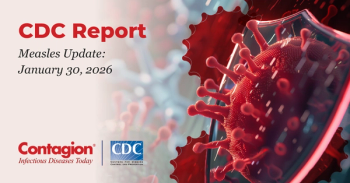
The Centers for Disease Control and Prevention (CDC) provided its latest figures today on the confirmed number of cases in the US.

The American Academy of Pediatrics (AAP) has published its 2026 immunization schedule, reaffirming routine vaccination to protect children and adolescents against 18 preventable diseases.

Infectious disease pediatrician Sharon Nachman, MD, discusses the vaccine data the federal agency disclosed in the recent letter they sent to the manufacturers.

Fedora Pharmaceuticals is presenting new preclinical data at the IMARI conference demonstrating that its lead candidate, FPI-2119, shows strong activity against some of the most dangerous drug-resistant Gram-negative infections, supporting its advancement toward clinical trials.

This past December, the FDA approved both zoliflodacin and gepotidacin for this sexually transmitted infection marking a significant advance amid rising antibiotic resistance. Here is an overview of the antibiotics.

In the final FY2026 spending bill, Congress rejected proposed House Republican cuts of more than $1.7 billion and instead maintained bipartisan funding for HIV prevention and treatment programs, while urging the Trump administration to focus on effective implementation.

In the second installment of a 2-part interview, Jacinda Abdul-Mutakabbir, PharmD, MPH, offers some novel findings around UTI treatment failure associated with levels of education and insurance payers.


